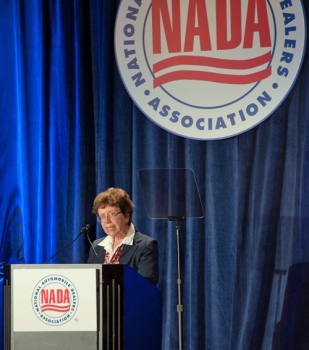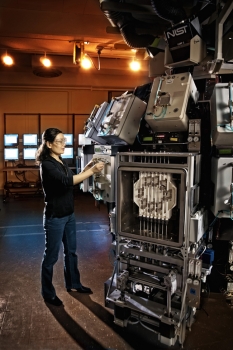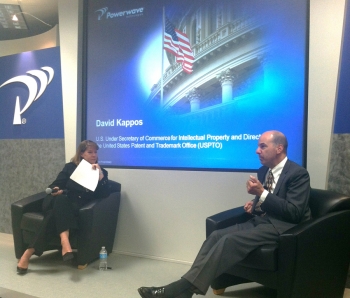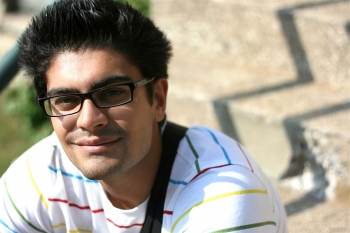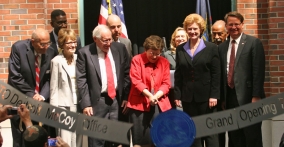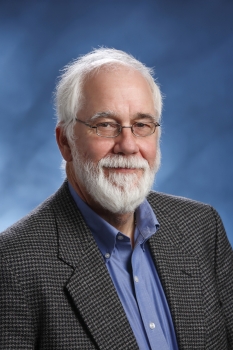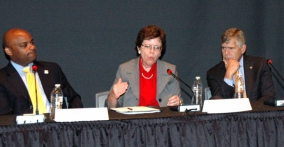Jacob Taylor, NIST Physicist, Receives Samuel J. Heyman Service to America Medal for Public Service
On Thursday evening, National Institute of Standards and Technology (NIST) physicist Jacob Taylor received a Samuel J. Heyman Service to America Medal (Sammies) for his advanced scientific research, which has potential for advances in health care, communications, computing, and technology. Presented the award by Acting Commerce Secretary Rebecca Blank, Taylor was one of just nine winners chosen from nearly 400 nominees for awards honoring excellence in public service.
A fellow at the Joint Quantum Institute, Taylor has already developed a number of original theories on the cutting-edge of theoretical physics. One such idea is a way to allow magnetic resonance imaging to more effectively be utilized on the molecular level. This holds the promise of providing more detailed health information, better diagnoses, more targeted medical treatments, and more rapid discoveries of new drugs.
Taylor also has a pending patent on a process that would increase the quantity of data that could be sent through the Internet while using less energy, and his theory on computing has the potential to advance scientists much closer to the goal of achieving quantum computing—an extraordinary development in the field of physics that would allow for unprecedented increases to calculation speed.


